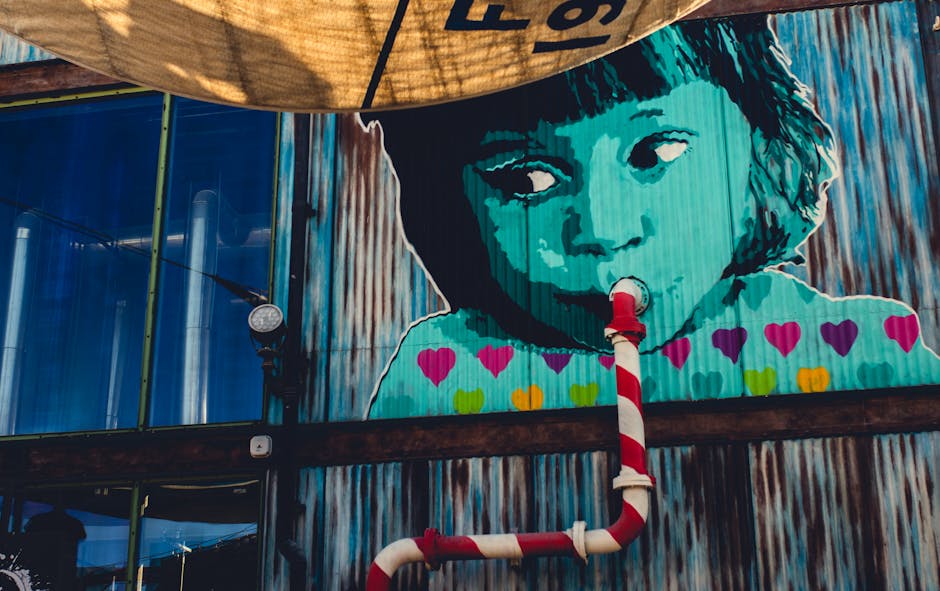
This piece examines the shortcomings of current educational models in cultivating creativity and proposes a more comprehensive approach to learning that celebrates diverse talents and abilities. It contends that our present system often hinders rather than encourages creative expression.
What are the flaws in our current education system?
- The system prioritizes traditional subjects like math and languages over the arts, creating an unbalanced structure that devalues creative potential.
- It discourages risk-taking and original thinking by penalizing errors, essential components of creative processes.
- It employs a narrow definition of intelligence, overlooking diverse learning styles such as visual, auditory, and kinesthetic learning.
- It inadequately prepares students for the future by focusing on outdated knowledge and skills.
- Its structure primarily aims to produce academics, neglecting the development of a wider array of skills and talents.
- It contributes to academic devaluation, diminishing the worth of degrees and leaving graduates unprepared for the job market.
How can we enhance the education system to foster creativity?
- Re-evaluate the subject hierarchy: Give equal weight to the arts and academic subjects. Value all types of intelligence.
- Embrace mistakes as valuable learning experiences: Create an environment that supports experimentation and doesn't punish failure.
- Expand the definition of intelligence: Recognize and encourage various learning methods and abilities. Understand that intelligence is constantly developing.
- Educate the entire person: Focus on developing students' physical, emotional, and intellectual capacities, not solely cognitive skills.
- Prepare students for an uncertain future: Equip them with adaptability, problem-solving abilities, and critical thinking to navigate an unpredictable future.
- Transition from a university-focused system to a broader, holistic approach: Develop a diverse skill set and prepare students for various careers, beyond academia.
Why is nurturing creativity in education so crucial?
- Creativity is as vital as literacy: It's fundamental for innovation and problem-solving in our rapidly changing world.
- Children are naturally creative: They have inherent talents often suppressed by current educational practices.
- Creativity is essential for personal growth and achievement: Exploring creative potential enhances happiness and success.
- A creative workforce drives economic progress: Societies that value and nurture creativity better adapt and thrive.
- Creativity promotes flexibility and resilience: Creative thinking is critical for navigating life's complexities and tackling challenges successfully.
- The future demands creative problem-solvers: Tackling global issues like climate change requires innovative thinkers who can generate novel solutions.
Comments
Post a Comment